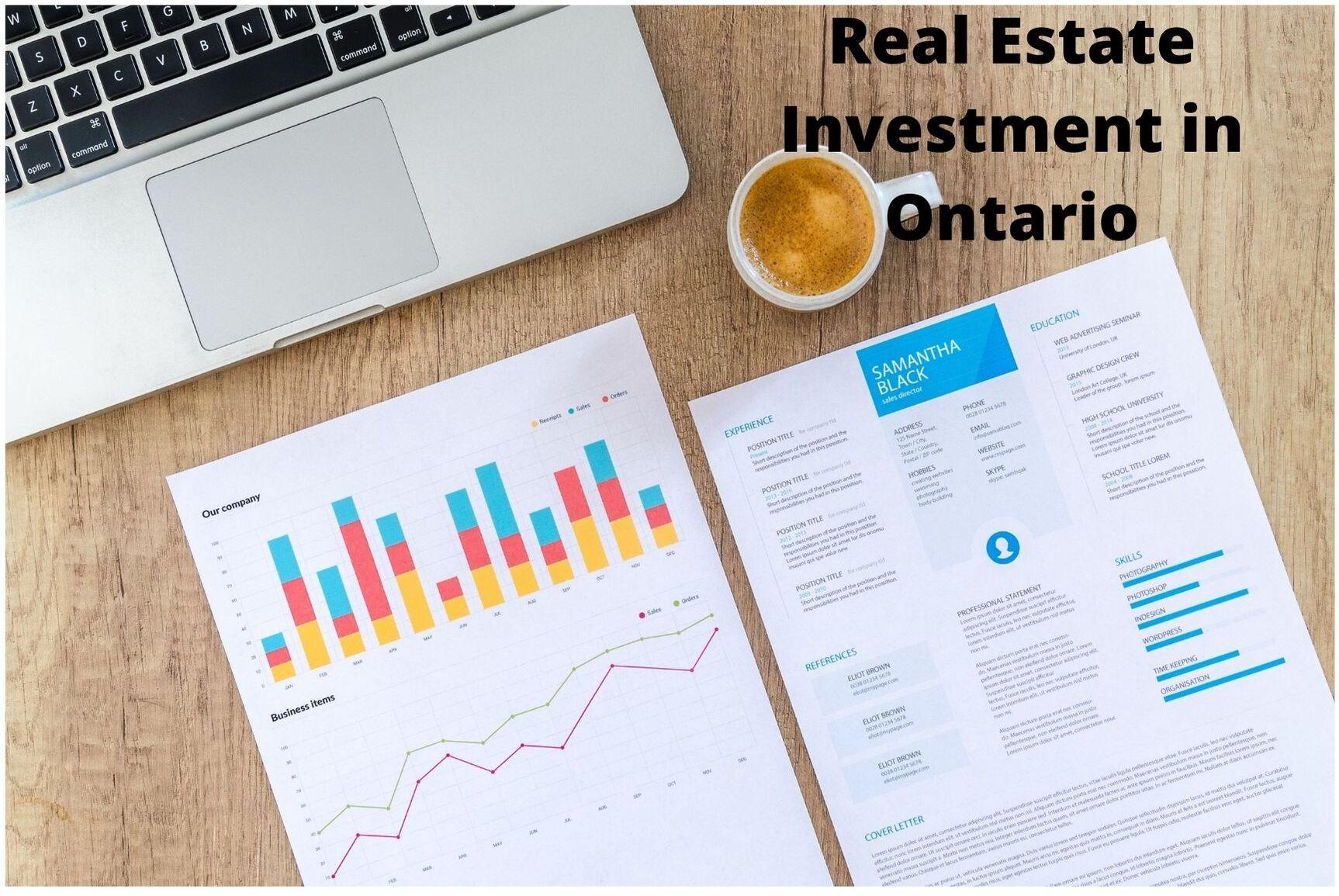Real Estate Investment in Ontario

Property investment in Toronto
- Toronto has been one of the fastest-growing cities in North America for years to attract new immigrants and migrants as well, which, coupled with other factors, has constituted the Toronto real estate market as one of the best places to invest in real estate in Ontario, Canada.
- Real Estate investment, in the long run, is a safe bet to beat up the inflation, unless some fundamental changes cause overall market upheaval such as the over 3 decades-long Japanese Property Correction.
- However, the risk is much more unpredictable and heavier in the short term.
How to calculate real estate investment return
Key Factors to Determine Your Return
- Income: Rent, parking if additional, etc
- Expense: financial cost, property tax, maintenance, and repairs, vacancy/loss
- Vacancy/Credit Loss: The income loss due to the interim between the old tenant and the new one
- Your estimated appreciation: The estimated house price increase over the years
- Paydown of your mortgage: The part that builds up the equity i.e the mortgage that reduces in the principal amount you owed. You can use a mortgage calculator to estimate the actual amount.
- Your initial investment: commonly downpayment, and the associated purchasing cost, fix and repairs.
Formulas in use
- Cash Flow:Net Income= income - expense
- Cap Rate: equals to Net Operating Income ÷ Value of the Property (selling price, estimated value, or current market value)
- Return on Investment (ROI): Depending on the formula you are using, the basic concept is the percentage of invested money that's recouped after deducting associated costs.
Residential
House with rentable department
The ROI for a basement department normally is comparatively higher. The challenge is the interference with Tenants when you are living together. Many basement departments lack permits, which present potential legal risks in case of fire or structural related damages to the tenants.
Condo as an investment
- The affordability, higher rent, lower vacancy rate (except the disruption of the epidemics) makes sense for investing in Toronto condos
- However, it is comparatively lower in appreciation compared to houses, from recent years’ statistics.
- The pre construction condo is also a popular choice, but project delay, changes, and a long waiting time are quite common.
Multi-Unit House
Containing 4 or fewer dwelling units in the building, such as duplex, triplex, and fourplex
Mixed-use properties
It combines office, residential, and/or retail uses in one complex. It may be complicated in transaction compared to other types of residential investment.
Fix and Flips
- Real estate investors buy a decrepit property and sell it after renovating. Depending on the building cost control and the time to enter into the market, this investment could make a significant profit.
- However, it is a capital-intensive investment, the knowledge of the local market, experience, and connection in construction are the challenges as well.
Commercial Market
Commercial properties include
- Office: Be categorized by location, image, and quality.
- Multi-residential: With 5 or more dwelling units
- Retail: Range from community store to large big-box center
- Industrial: Anything used for the processing and manufacturing of goods.
- Others like Farm, Recreational, Hospitality, Vacant land
In general,
- The commercial investment may have a higher ROI compared to residential investment. However, the property appreciation of commercial property may subsequently be lower than that of residential one based on recent years’ statistics.
- The transaction of a commercial property may also be more complicated than that of residential ones and have a high requirement on the due diligence.
- Commercial real estate is also known for the savings in tax and expenses depending on whether it is leased out as a single, double or triple net lease (NNN), where the property and remaining expenses are incrementally covered by the tenants.
REITS
- It is also called real estate investment trusts, where companies that own or finance income-producing real estate across a range of property sectors.
- Those companies are often publicly listed and have higher requirements on their portfolio.
- The holders of a REIT earn in a similar way as stockholders, don’t actually own or manage the properties, and don’t have the home value appreciation.
Other Considerations
- Rent income is subject to income tax.
- An increase in the property price is subject to capital gain tax. Please check with the certified accountant or tax specialist for accuracy and completeness.
- Non Resident Tax: when non-residents, in tax review, sell the property, it is required to acquire a certificate from Canada Revenue Agency that the applicable tax is paid. Otherwise, the buyer will withhold a portion of the sale price, say 25%.
- The Non‑Resident Speculation Tax (NRST): A foreign buyer is subject to the non-resident speculation tax of 15% when purchasing a residential home in the Greater Golden Horseshoe. For details on exemption and rebate, please refer to Ontario Finance of Ministry
Rental
Residential Tenant Act and Commercial Tenant Act
Residential Tenant Act is more strict to the landlord compared to the commercial rental act in terms of the rent increase, a notice of ending a lease, etc. It may have an impact on your buying or selling an investment property with the tenant. For more details, please refer to Residential Tenant Act and Commercial Tenant Act.